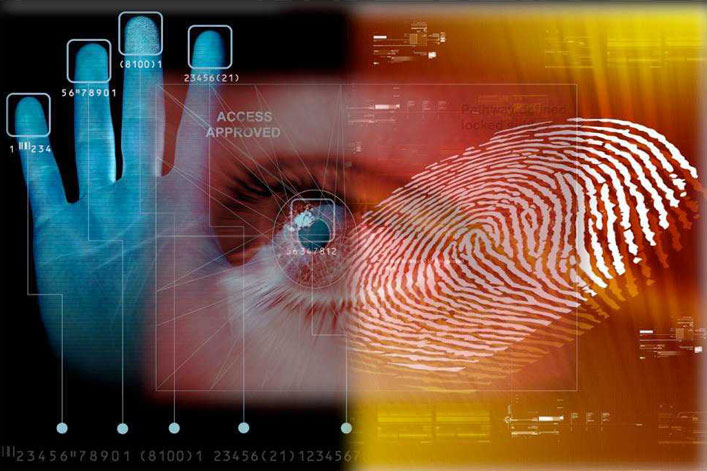The Electronic Frontier Foundation (EFF) and several other organizations have formally asked the U.S. Department of Justice to review the privacy implications of the biometric database operated by the Federal Bureau of Investigation.
In a letter to Attorney General Eric Holder, the EFF and other affiliated groups notes that the “capacity of the FBI to collect and retain information, even on innocent Americans, has grown exponentially. It is essential for the American public to have a complete picture of all the programs and authorities the FBI uses to track our daily lives and an understanding of how those programs affect our civil rights and civil liberties.”
The EFF and others groups are lobbying for greater examination of the FBI's Next Generation Identification (NGI) program. The program is designed to advance the bureau’s biometric identification services, providing an incremental replacement of its current integrated automated fingerprint identification capabilities with a multi-modal biometric database. According to the FBI, the future of identification systems is currently progressing beyond the dependency on a uni-modal, fingerprint biometric identifier towards multi-modal biometrics, which includes voice, iris and facial recognition. The NGI program is therefore designed to advance the integration strategies and indexing of additional biometric data that will provide the framework for a future multi-modal system that will facilitate biometric fusion identification techniques.
In a letter to Attorney General Eric Holder, the EFF and other affiliated groups notes that the “capacity of the FBI to collect and retain information, even on innocent Americans, has grown exponentially. It is essential for the American public to have a complete picture of all the programs and authorities the FBI uses to track our daily lives and an understanding of how those programs affect our civil rights and civil liberties.”
The EFF and others groups are lobbying for greater examination of the FBI's Next Generation Identification (NGI) program. The program is designed to advance the bureau’s biometric identification services, providing an incremental replacement of its current integrated automated fingerprint identification capabilities with a multi-modal biometric database. According to the FBI, the future of identification systems is currently progressing beyond the dependency on a uni-modal, fingerprint biometric identifier towards multi-modal biometrics, which includes voice, iris and facial recognition. The NGI program is therefore designed to advance the integration strategies and indexing of additional biometric data that will provide the framework for a future multi-modal system that will facilitate biometric fusion identification techniques.












